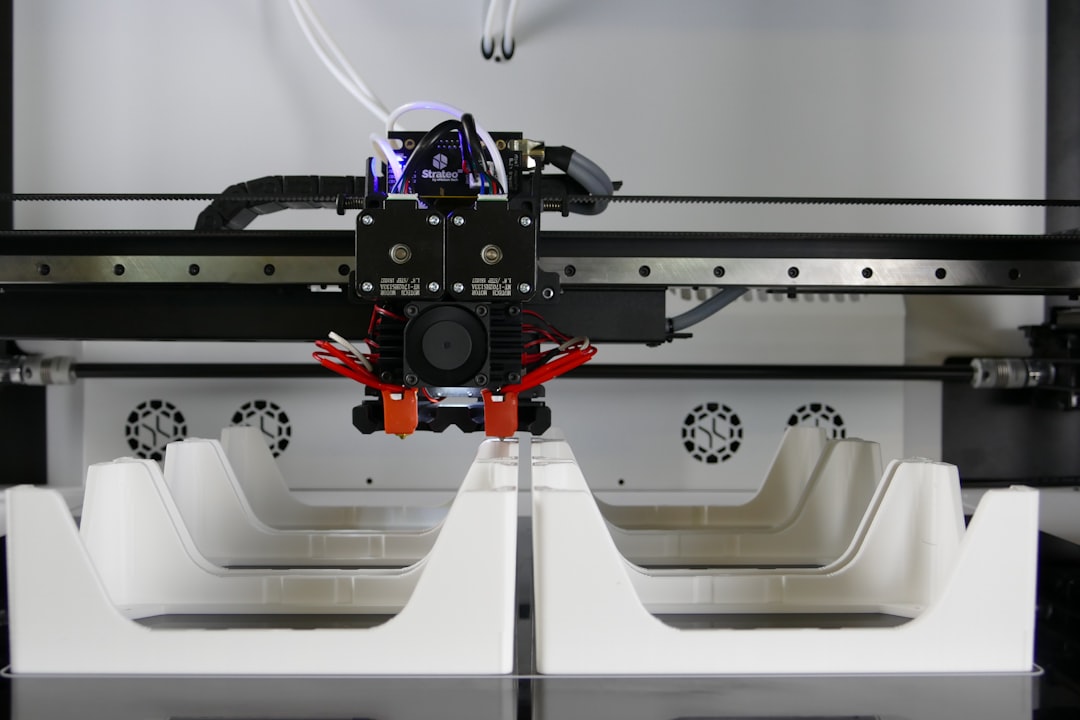Quantum computing has been a hot topic in the tech industry for years, with researchers and companies racing to develop faster and more powerful machines. The latest advancements in quantum computing have the potential to revolutionize fields ranging from cryptography to drug discovery, and experts are eager to see what breakthroughs lie ahead.
One of the most exciting recent developments in quantum computing is the creation of quantum processors with significantly more qubits than ever before. Qubits are the basic unit of quantum information, and the more qubits a quantum processor has, the more calculations it can perform simultaneously. In the past few years, researchers have made significant progress in increasing the number of qubits in quantum processors, with some machines now boasting over 50 qubits. This increased processing power has the potential to revolutionize complex calculations in fields such as finance and materials science.
Another important breakthrough in quantum computing is the development of error-correcting codes for quantum information. Quantum computers are incredibly sensitive to errors, which can arise from imperfections in hardware or interference from the surrounding environment. Researchers have been working on ways to mitigate these errors, and recent advancements in error correction have made quantum computers more reliable and stable. This is a crucial step towards scaling up quantum computing technology for real-world applications.
In addition to hardware advancements, software developments in quantum computing have also been making waves. Quantum algorithms, which are specialized algorithms designed to run on quantum computers, have the potential to outperform classical algorithms in certain tasks. Researchers have been working on developing new quantum algorithms for a wide range of applications, from optimizing supply chains to simulating complex biological systems. These algorithms harness the unique properties of quantum mechanics to achieve tasks that would be impossible for classical computers.
One of the most exciting areas of research in quantum computing is quantum machine learning. Machine learning is a rapidly growing field that has the potential to transform industries from healthcare to finance, and quantum computing could further accelerate this transformation. Quantum machine learning algorithms leverage quantum properties such as superposition and entanglement to process and analyze data more efficiently than classical algorithms. This has the potential to revolutionize the way we approach data analysis and decision-making in a wide range of fields.
Overall, the latest advancements in quantum computing have the potential to revolutionize the tech industry and beyond. From faster processors to more reliable error correction codes to cutting-edge quantum algorithms, researchers and companies are pushing the boundaries of what is possible with quantum technology. As the field continues to evolve, experts are eagerly anticipating the breakthroughs that will shape the future of computing.

